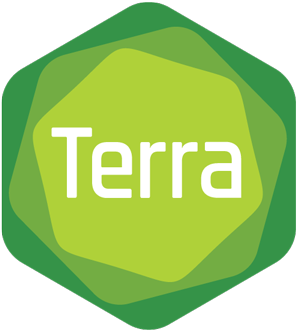

Are you compliant with NIH’s updated Genomic Data Sharing policy? Terra can help!
On July 25, 2024, the National Institutes of Health (NIH) issued updated guidance to the Genomic Data Sharing Policy stating that researchers approved for controlled-access NIH data, via mechanisms like dbGaP or DUOS, must store and analyze this data on systems that are NIST SP 800-171 compliant (or the equivalent

















